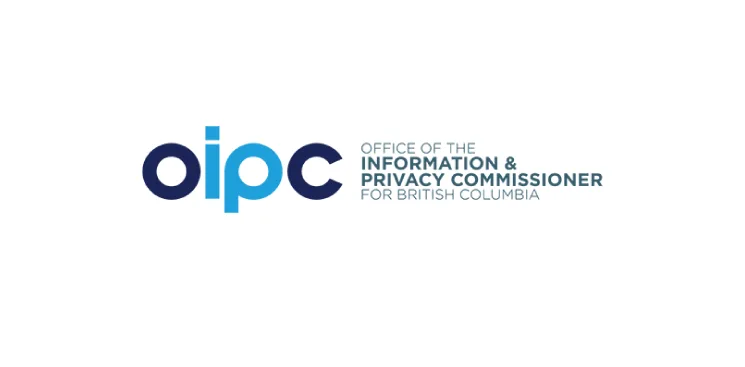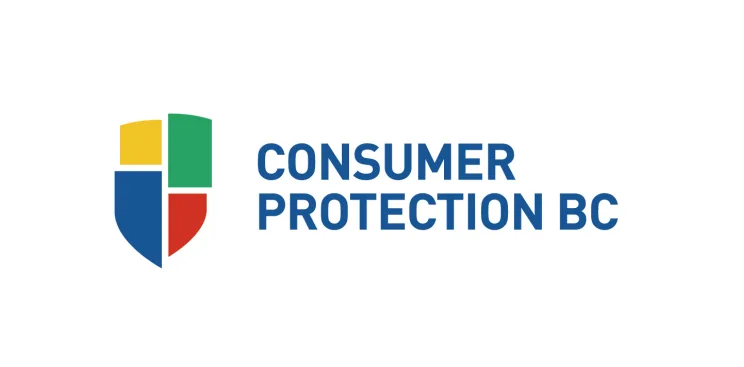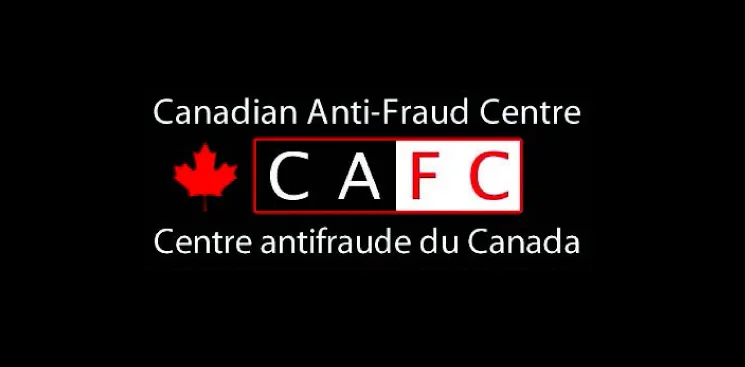Fixing a mistake on your credit report

Mistakes on your credit report can hurt your ability to borrow money, find work, or buy property. Here are steps you can take to fix errors in your credit report.
What you should know
Your credit report details your history of paying bills and borrowing money. It also includes other information, such as where you’ve lived, where you work, even your marital status.
But certain information can’t be part of your credit report. This includes:
information about any member of your family other than your spouse
your race, religious beliefs, skin colour, sexual orientation, ethnic background, or political views
criminal convictions that have been discharged or pardoned
criminal charges that were withdrawn or dismissed
Some information can’t be on your report if it’s more than six years old:
a court judgment against you (unless you haven’t paid what you owe)
a criminal conviction
a bankruptcy (unless you’ve been bankrupt more than once)
any other negative information about you
Say your credit report shows you’ve missed several utility bill payments. But you know your utility payments are up to date. You have the legal right to ask a credit reporting agency to fix any mistakes you find in your credit report.
The reporting agency has 30 days to respond to your request. If they agree to make the correction, they must do so promptly. They must send the new corrected information to anyone who received your credit report within the last year.
If the credit reporting agency refuses your request, they must tell you why. They have to give you access to an agency employee to answer your questions, and advise that you can ask for a review of the decision.
Plus, they must add a note to your credit report that you asked for the correction. You can also ask to add a short explanation.
If your credit report includes information you don’t recognize, you could be a victim of identity theft.
Contact the credit reporting agencies right away. Tell them about the suspicious charge. Discuss whether to have a “fraud alert” placed on your file. This tells lenders to contact you before approving loans on your account.
Work out the problem
Here are steps you can take to fix a mistake on your credit report.
Step 1. Check your credit report
Step 2. Collect proof of your position
Step 3. Contact the credit reporting agency
Step 4. The agency must act on your request
Step 5. Contact the creditor
Step 6. Add an explanation to your credit report
Step 1. Check your credit report
Review the information on your credit report. Look for:
mistakes in your personal information (for example, the wrong date of birth)
errors relating to payments (for example, a payment you made on time that is shown as late)
negative information about you that’s more than six years old
accounts listed that you never opened — this could be identity theft
Step 2. Collect proof of your position
Make copies of any receipts, statements, or other documents that support your position. If your complaint is about an expired item in your credit report, find a supporting document with the date on it.
Step 3. Contact the reporting agency
Send the credit reporting agency a letter. Ask them to fix or remove the mistake in your credit report. Be specific about what information you want changed. Attach documents supporting your position.
Alternatively, both credit credit reporting agencies, Equifax and TransUnion, provide forms for requesting a correction. See the Equifax and TransUnion websites.
Step 4. The agency must act on your request
The credit reporting agency must acknowledge your request and tell you what they plan to do. By law, they can’t ignore you.
When the credit reporting agency gets your request, they’ll contact the creditor that reported the information. If the creditor agrees there’s been an error, the reporting agency will fix the problem. They’ll update your credit report. And send the new information to anyone who received your report in the last year.
If the creditor disagrees that there’s been an error, the reporting agency must add a note to your report about the correction you asked for.
The credit reporting agency can’t simply refuse your request. It must tell you why you were turned down. And give you a staff contact who can answer your questions.
Step 5. Contact the creditor
If you still disagree with the information in your credit report, contact the creditor directly. They may have made a mistake. Credit reporting agencies can’t fix mistakes made by creditors.
Ask the creditor about the error in your report. Ask them to check their files. Ask them to give the reporting agencies the latest information.
Step 6. Add an explanation to your credit report
Still not happy with the information in your report? There are more steps you can take. You can add an explanation to your credit report. Or ask for a review of the credit reporting agency’s decision. In some situations, you can complain to Consumer Protection BC.
We explain these additional steps (and more) in our expanded coverage of fixing a mistake in your credit report. See our in-depth page on this topic.
Who can help
Agencies that might be able to help if there’s a mistake on your credit report.

Office of the Information and Privacy Commissioner
You can ask them to review a credit reporting agency’s decision.

Consumer Protection BC
Agency that can help with certain problems with credit reports, like dated info.

Canadian Anti-Fraud Centre
Agency that collects information on fraud and identity theft.
If you find a serious error in your credit report, or you suspect you may be a victim of fraud, consider getting legal advice.

BC Legal Referral Service
Helps you connect with a lawyer, notary or paralegal for a free 15- to 30-minute consult to see if you want to hire them.

Access Pro Bono's Legal Advice Clinics
Volunteer lawyers provide 30 minutes of free legal advice to people with low or modest income.
Reviewed for legal accuracy by
Wendy Andersen, Digby Leigh & Co. and Casey Harris, Barrister & Solicitor
This information from People’s Law School explains in a general way the law that applies in British Columbia, Canada. The information is not intended as legal advice. See our disclaimer.
Related
On Dial-A-Law
Dial-A-Law has more information on Credit reports in the section on Money & debt.


